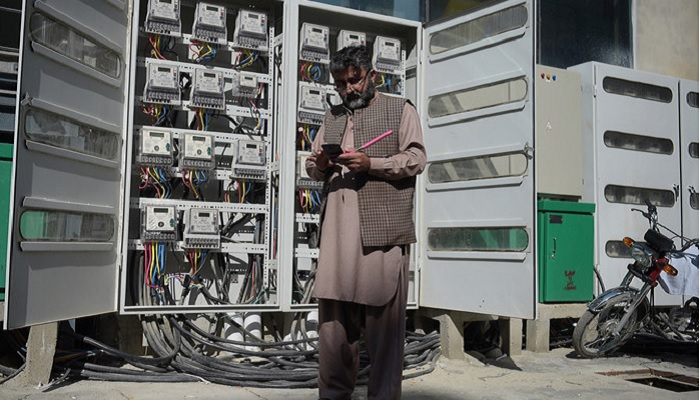Govt 'weighs scrapping' free electricity for officials including judges, lawmakers, bureaucrats
Sources say proposed plan also suggests free petrol benefits might be withdrawn as well in next phase
July 27, 2024

- Facing immense pressure, govt decides to develop emergency plan.
- No more free electricity government, semi-government institutions.
- New energy plan also proposes raising export target to $60 billion.
ISLAMABAD: To ease the financial burden on the heavily encumbered power sector, the government is considering ending the provision of free electricity to government officials and agencies, including bureaucrats, judges, and parliamentarians, sources in the Ministry of Energy said on Saturday.
Facing intense public and political pressure, the federal government has decided, in principle, to develop an emergency plan within the Ministry of Energy.
According to sources privy to matters, the proposed plan also suggests that in a later phase, free petrol benefits might be withdrawn as well.
The country was currently under severe financial strain and burdened with external debts, the sources said adding that revolutionary steps were now critical to avoid a permanent default.
They further stated that, given the severity of the country’s financial crisis, it has become indispensable to raise the export target to at least $60 billion.
Only essential facilities for industry and business will be provided, and a reduction in Maximum Demand Indicator (MDI) charges for factories is also under consideration, as per the proposal.
Additionally, a review of the performance of the National Electric Power Regulatory Authority (Nepra) and the Oil and Gas Regulatory Authority (Ogra) has been proposed.
The International Monetary Fund (IMF) this month agreed on a $7 billion bailout for the heavily indebted South Asian economy while raising concerns over high rates of power theft and distribution losses that result in debt accumulating across the production chain.
Power Minister Awaiz Leghari has said that the government is implementing structural reforms to reduce "circular debt" — public liabilities that build up in the power sector due to subsidies and unpaid bills — by Rs100 billion a year.
The country's power sector has been plagued by high rates of power theft and distribution losses, resulting in accumulating debt across the production chain.
Poor and middle-class households have been affected by the tough measures taken by the government to fulfill the demands of the International Monetary Fund (IMF), which included raising power tariffs.
Annual power use in Pakistan is expected to fall consecutively for the first time in 16 years as higher tariffs curb household consumption, despite summer temperatures surging to near records, which typically boosts air conditioning and fan use.
In December last year, the federal government stopped providing free electricity units to officers in Grade 17 and above within power generation, distribution, and management companies. However, as compensation for this benefit withdrawal, these officers were given a pay raise.
The decision that went into effect on December 1, 2023, was taken by the Cabinet Committee on Energy (CCoE) on October 26, 2023, and it was later approved by the federal cabinet.











